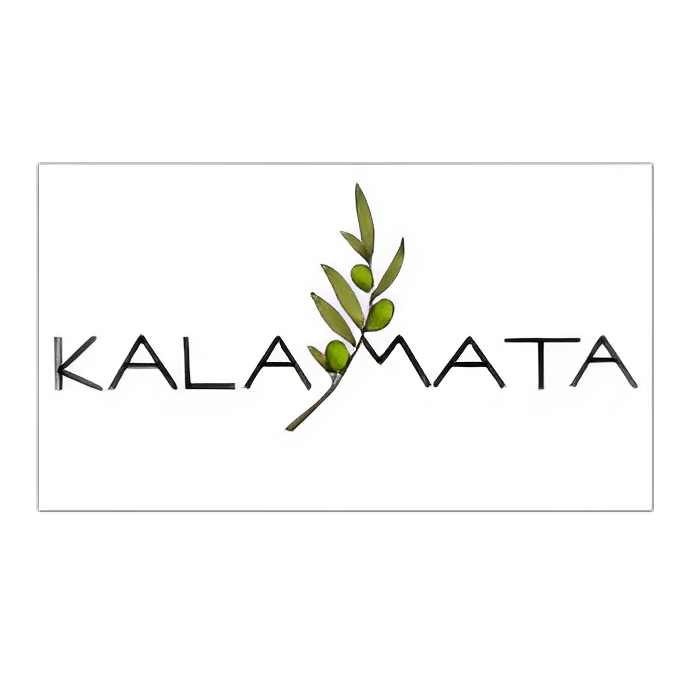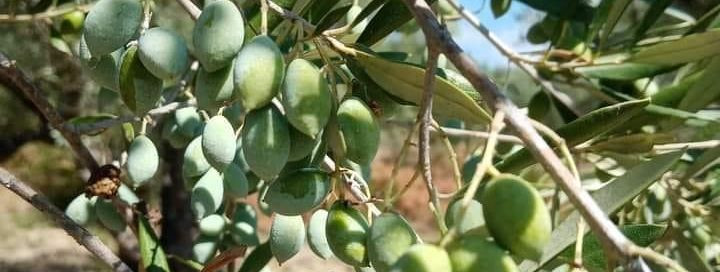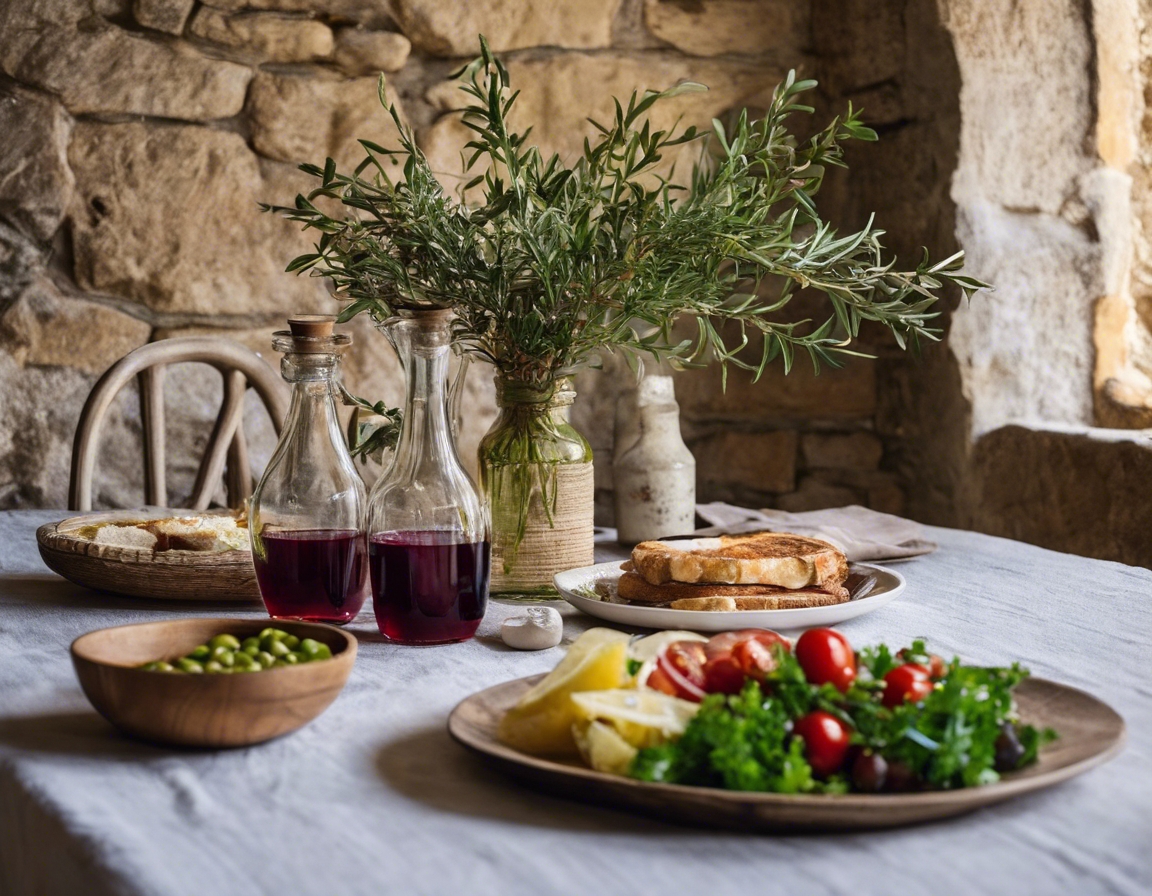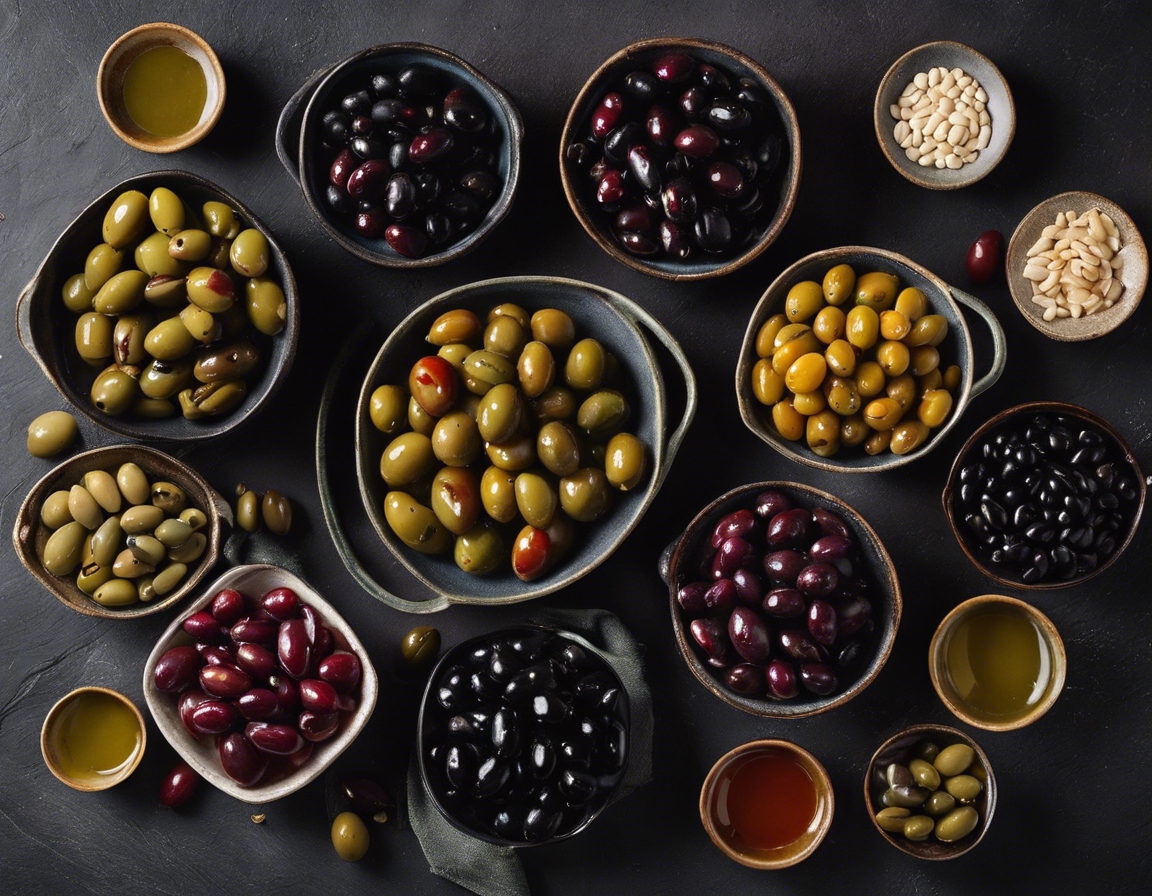From the grove to your table: the journey of greek olives
Olives are more than just a staple in Greek cuisine; they are a symbol of the country's rich history and cultural heritage. Revered since ancient times, olives have been an integral part of Greek life, serving as a source of food, medicine, and even currency. The olive tree is so significant that it is often associated with peace and wisdom, and it is said that the city of Athens was named after the goddess Athena for offering an olive tree to the people.
Greece is home to a variety of olives, each with its unique flavor profile and culinary use. The most famous include Kalamata, Halkidiki, Amfissa, and Throumba olives. These olives vary in size, color, and taste, and are used in everything from salads to spreads to natural cosmetics.
The Cultivation Process
The journey of Greek olives begins with the careful selection of the perfect location. Olive trees thrive in the Mediterranean climate, with its hot, dry summers and mild winters. The terrain is also crucial, as olive trees do well in well-drained, rocky soils.
Planting an olive tree is a long-term investment, as it takes years for the trees to mature and bear fruit. Growers must be patient and attentive, regularly pruning and caring for the trees to ensure their health and productivity.
The unique terroir of Greece, characterized by its specific climate and soil conditions, contributes to the distinctive taste of Greek olives. These factors, combined with traditional farming practices, create olives with a depth of flavor that is hard to replicate elsewhere.
Harvesting the Olives
When it comes time to harvest, many Greek olive producers still rely on traditional methods. This often involves handpicking or gently shaking the trees to collect the ripe olives without damaging them.
While traditional methods are cherished, modern techniques have also been adopted to increase efficiency. Mechanical harvesters can now do the work of many hands, allowing for a quicker harvest while still preserving the quality of the olives.
The timing of the harvest is critical, as it affects the flavor and quality of the olives. Harvesting too early or too late can result in olives that are either too bitter or too ripe.
From Harvest to Production
Once harvested, the olives are cleaned and sorted. This step is crucial to remove any leaves, twigs, or damaged olives that could affect the final product's quality.
Before they can be consumed, olives must undergo a curing process to remove their natural bitterness. This can be done through various methods, including brining, dry curing, or water curing. Fermentation may also be involved, which further develops the olives' flavors.
For olive oil production, the next step is pressing the olives to extract the oil. This can be done through traditional stone mills or modern centrifuges. The method used plays a significant role in the oil's final taste and quality.
Packaging and Quality Assurance
After processing, the olives are packaged to preserve their freshness and flavor. This often involves sealing them in airtight containers, sometimes with protective atmospheres to extend shelf life.
Quality assurance is paramount, and part of this is ensuring that products are correctly labeled with information on their origin, production date, and batch number. Traceability allows consumers to know exactly where their olives come from and ensures they are getting a genuine product.
The Health Benefits of Greek Olives
Greek olives are a powerhouse of nutrition, packed with healthy fats, antioxidants, vitamins, and minerals. They are a key component of the Mediterranean diet, known for its health benefits.
Regular consumption of olives and olive oil has been linked to a reduced risk of chronic diseases such as heart disease and diabetes. They also have anti-inflammatory properties and contribute to skin and hair health when used in natural cosmetics.
Bringing Greek Olives to Estonia
As consumers become more environmentally conscious, the demand for sustainably sourced products increases. Greek olives are no exception, and there is a growing preference for olives that are produced with respect for the environment and local communities.
KALAMATA OÜ prides itself on bringing authentic Greek olives to the Estonian market. We ensure that our products are sustainably sourced, of the highest quality, and provide an authentic taste experience that reflects the rich culinary heritage of Greece.






Comments (0)